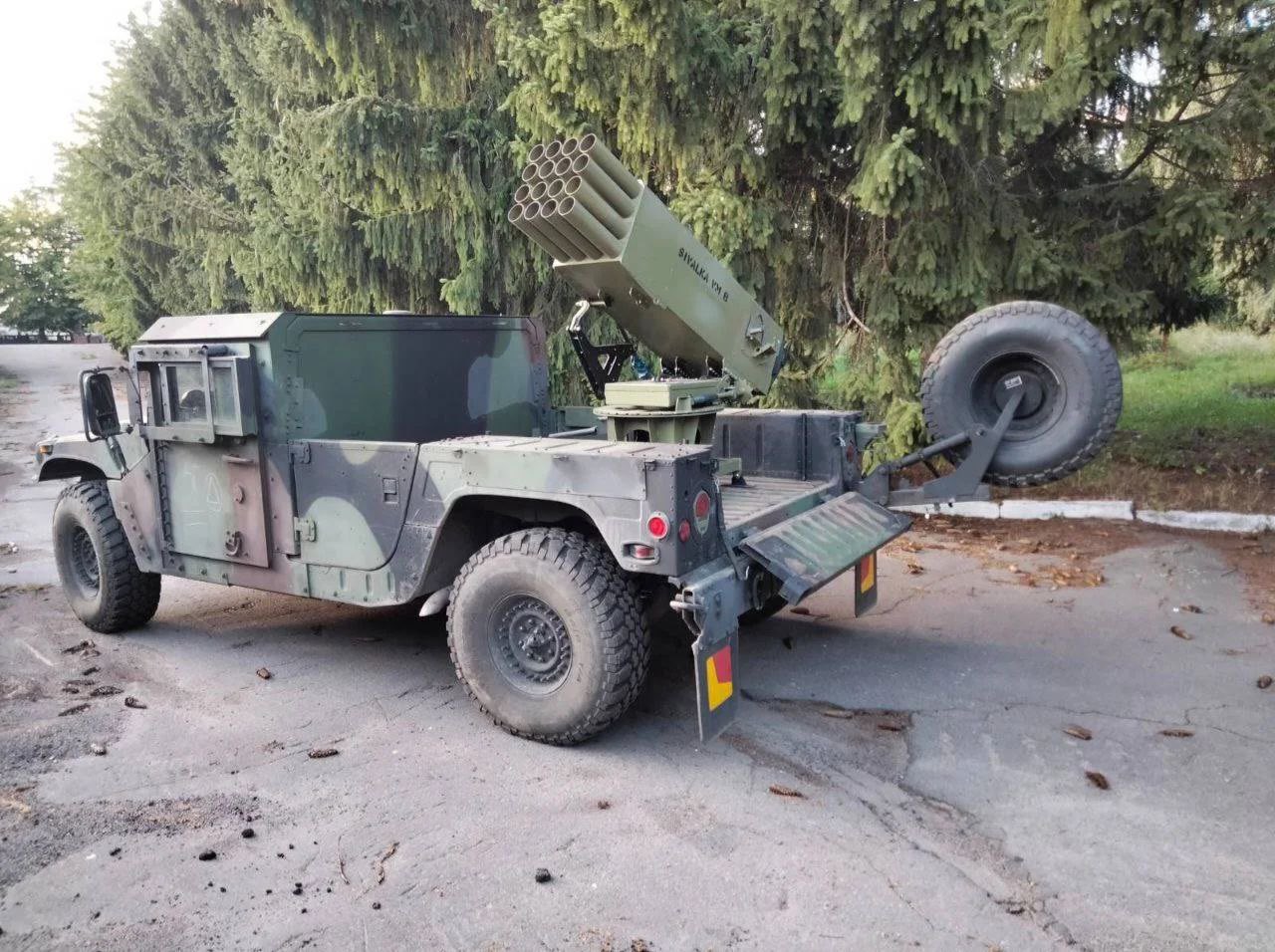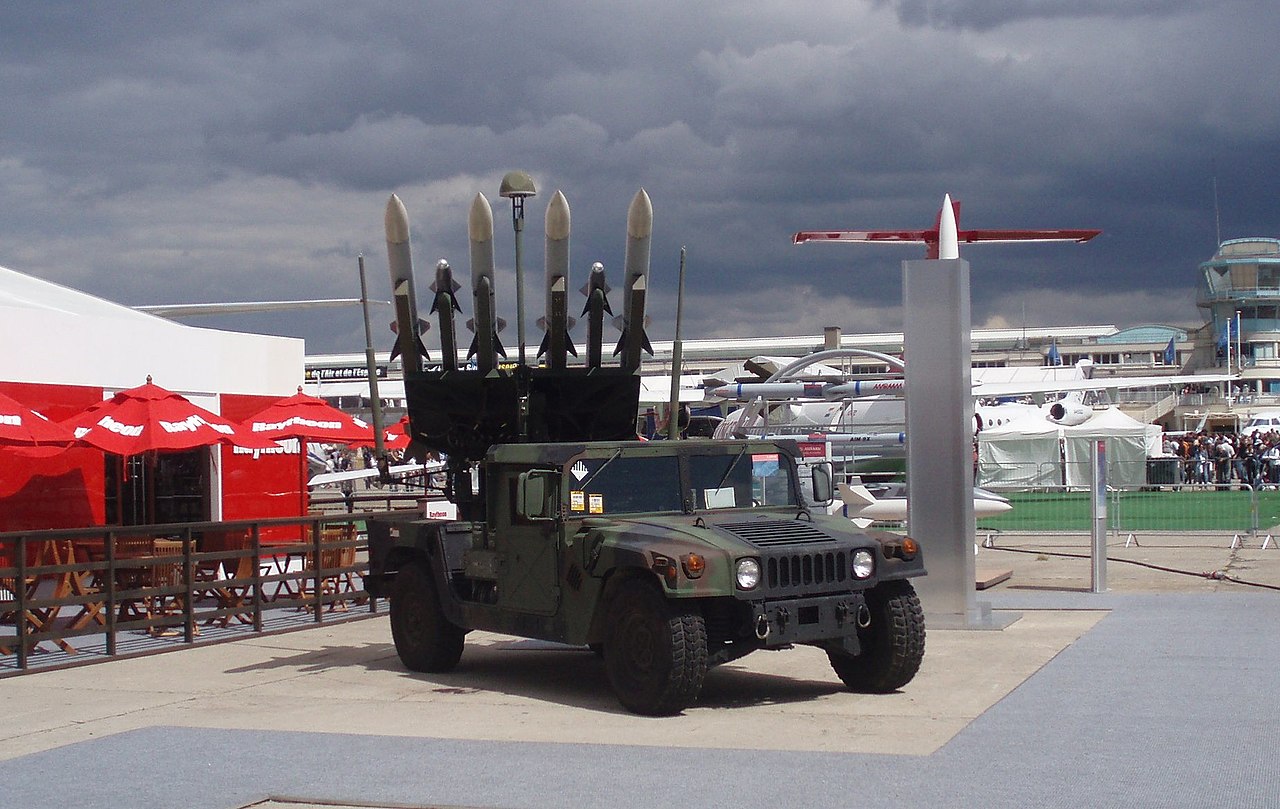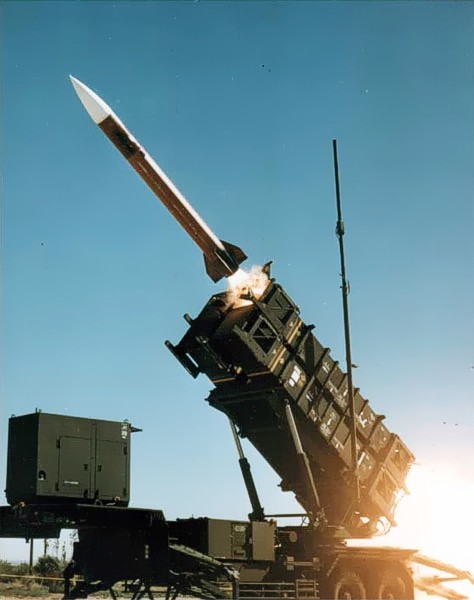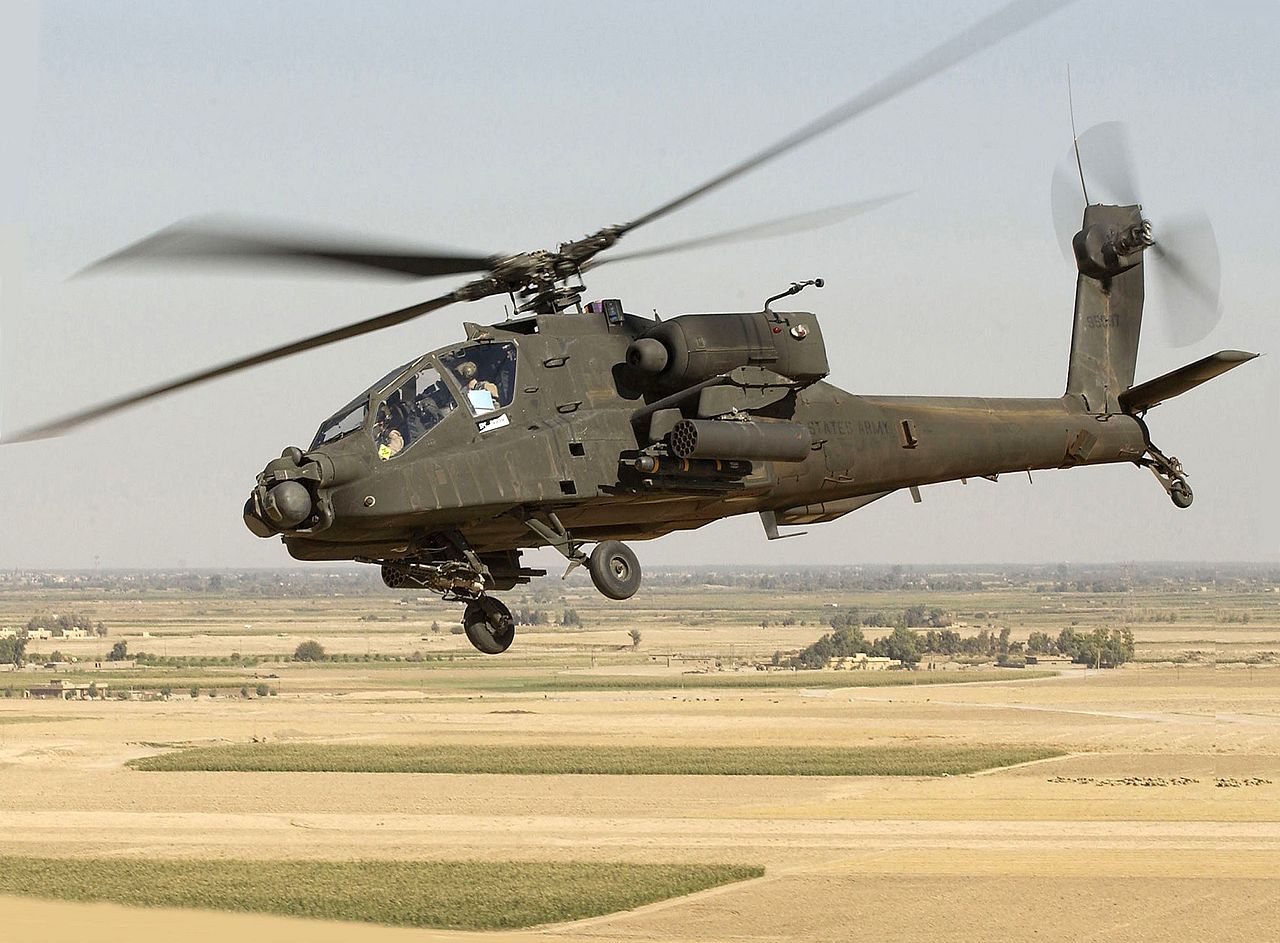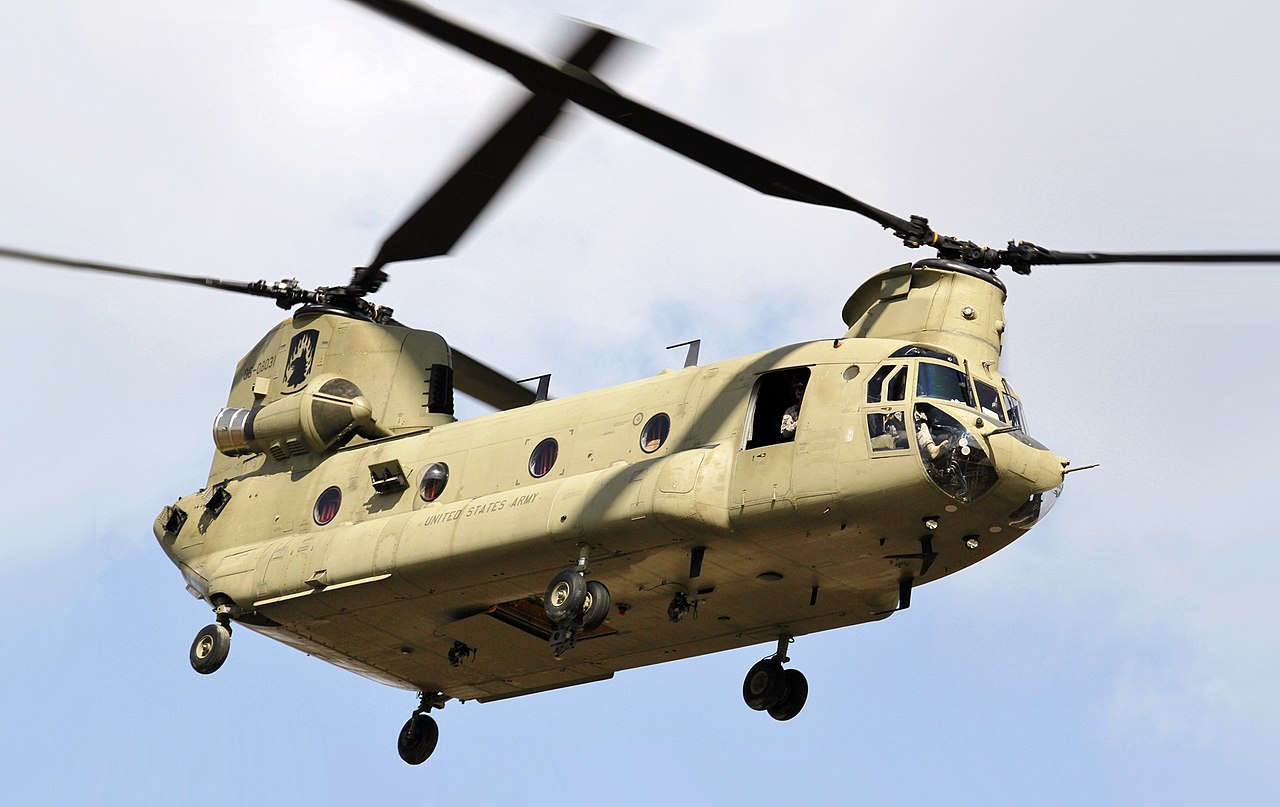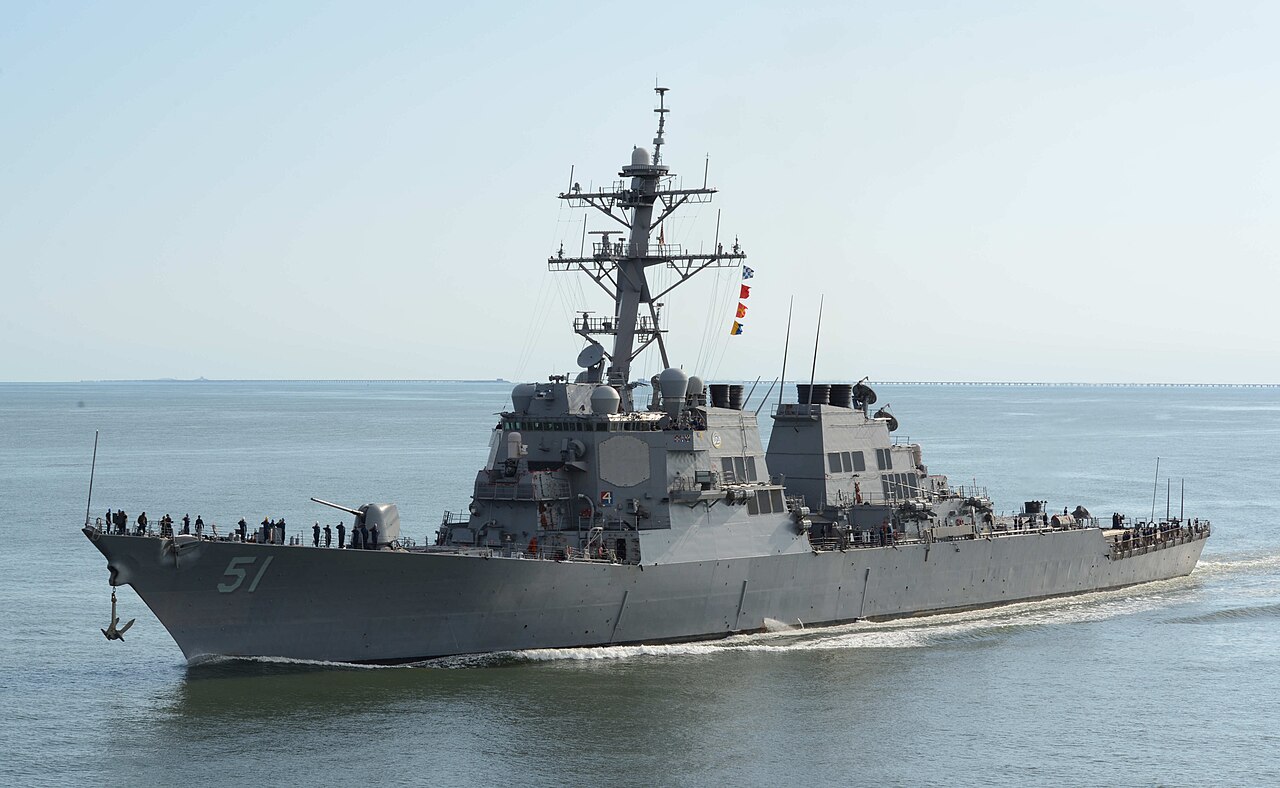United States of Colombia |
Estados Unidos de Colombia |
Motto: "Libertad y Orden" "Liberty and Order" |
Anthem: Himno Nacional de la República de Colombia |
| Capital and largest city: Bogotá |
| Official and national language: Spanish |
| Recognized minority languages: Romani, Yiddish, Hebrew, Arab, Serbo-Croatian, Italian, Portuguese, French, German, English, dozens of Indigenous, Creole and Afro-Colombian languages |
| Ethnic groups: 43% Mestizo 35% White - 8.2% Jewish - 5.9% Arab - 4.3% Italian - 4% Portuguese - 3% Serbian - 2.7% French - 2.6% Croatian - 1.4% German - 1.1% English - 1.8% Other 9.6% Romani 7% Afro-Colombians 5.1% Indigenous 0.3% Other |
| Religion: 65.2% Christianity - 51% Roman Catholic - 9.8% Orthodox (including Coptic Christians) - 4.4% Protestant 16.3% Islam - 14% Sunni Muslim - 1.3% Ibadi Muslim - 1% Shiite Muslim 8.1% Judaism 3.9% Other 6.5% Non-Religious |
| Demonym: Colombian |
| Government: - Federal presidential republic (de jure), - Military junta (de facto) President: Vacant Chairman of the Provisional Council: Aureliano Gabriel Buendía |
| Legislature: Parliament - Upper house: Senate - Lower house: Chamber of Representatives |
| Area: 1,278,495 km2 |
| Population: 62,788,500 - Density: 49.1/km2 |
| Currency: Peso (COP) |
Following the independence of the Viceroyalty of New Granada as the nation of Gran Colombia, nation immediately fell into a century of civil war between conservatives supporting a unitarian system and liberals supporting a federal system. While the liberals mainly acted as a disunited opposition force, in the 1830s and 40s, one name started to emerge within the liberal movement that quickly acquired a national renown that granted legitimacy to the liberal side in the war. Aureliano Buendía, dubbed affectionately as 'El Coronel', from the small village of Macondo in northern Colombia, made a name for himself after he commanded several successful partisan operations along the Caribbean coast near his home village. He quickly rose to become the commander of liberal forces in the Caribe region , which would become the heartland of resistance after his army successfully took Barranquilla and Cartagena in 1841.
In 1843 he led a march on Medellín, where he declared the United States of Colombia and was unanimously elected the first President of the Republic. Initial resistance and counteroffensive by the government in Bogotá was followed by mass desertion as it became clear the old order was doomed to fail. In 1846 the Liberals marched on Bogotá and the United States of Colombia officially became the bearer of the Colombian name on the world stage. The next 120 years would be defined by constant internal struggle between the liberal and conservative forces in Colombia, which would vie for power in the nation, democratically and violently alike.
The Colonel was reelected, this time by actual popular vote, in 1849, and again in 1855, however was assassinated in 1861 shortly after the Liberal Party Congress again chose him as their candidate in the 1862 presidential elections. After his death the Liberal Party struggled to fill the void and lost a great deal of support, resulting in the conservatives returning to power after said elections. Unwilling to leave the presidential palace again, the conservatives immediately set course to repress their adversaries, arresting liberal leaders without valid cause, violently dispersing any liberal supported rallies or protests, and reportedly even maintaining a list of 'dangerous liberal voters' in certain constituencies.
Shortly after Buendía's assassination, his son, Arcadio, convinced he was assassinated on the orders of the conservative party, followed in his father's footsteps and retreated to the highlands and marshes of Colombia and organized an army that would reignite the Colombian civil war that had at least partially calmed during the Colonel's presidency. Arcadio's leadership of the liberal armies, which he organized for the first time under the name 'Ejército de las Provincias Liberadas de Colombia' (EPOLCA), the Army of the Liberated Provinces of Colombia, would be marked by 3 unsuccessful attempts to take Bogotá. Known since, among liberal supporters, as 'Las Tres Guerras Santas' - The Three Holy Wars - the campaigns became popular legend in Colombia despite their failure to liberate the capital, becoming the genesis of dozens of prominent Colombian liberals who would go on to define the country for decades to come. Arcadio himself would fall in battle during the last of these holy wars in 1883, but leadership of EPOLCA would almost immediately be taken over by his nephew and adopted son, José Aureliano, who would continue where his uncle left off.
Though also unable to take Bogotá, José focused on attacking other key conservative strongholds, and spreading the liberal message among the population, highlighting the corruption and incompetence of the conservative government. He slowly but successfully turned popular opinion against the government in Bogotá and eventually managed to bear enough pressure on the central government to force the conservative presidency to resign in 1892, just a few months before the scheduled presidential elections. The liberals returned to power in a landslide victory, and José Aureliano was elected President, a position he would be reelected to four times afterwards, serving five full presidential terms between 1892 and 1922, and remains the longest ever serving President of the United States of Colombia. His son, nephew and grandnephew would serve as Presidents between 1922 and 1968.
The 76 years of continuous rule by the Buendía family would bring enormous social and economic reform. Colombia became one of the first nations with a stable moderate left-wing government, which focused on protecting labor, minorities, and national sovereignty against foreign capital and colonial interests. The period saw massive investment in national infrastructure and natural resource reserves. Concurrently however, it was a period of internal strife, as now the conservatives turned to violent insurrection to oppose the new liberal government. This led to increased investment in the military and began the steady rise of the armed forces' influence in politics which continues to this day. It was this very military influence which spell what seemed to be the end of the Buendías toward the end of the 1960s, when the conservative party leadership, conservative militia leadership, and a portion of the liberal party's leadership teamed up with the military high command and marched on Bogotá in 1968, removing Arcadio Gerineldo Buendía from power, and installing conservative leader Francisco Marquéz as President, at the head of an unheard of Conservative-Liberal coalition government dubbed the Marquéz Coalition. He would be succeeded by his son Hernan Marquéz in 1996.
The Marquéz years saw a strict departure from the policies of the Buendía family, and ushered in the era of neoliberalism into Colombia. Over the next 52 years the Marquéz government would steadily begin a process of privatization of key national industries, deregulation of the market economy, and began to permit greater foreign economic influence in the United States of Colombia, all while turning on the military that had put them in power to maintain control, as they viciously persecuted any dissenting voices that dared opposed them. The wealth gap grew rapidly, and the poor populations of Colombia were often overlooked in favor of wealthy business interests that benefited from the policies pursued by the Marquéz regime.
After the death of Francisco Marquéz in 1996, Aureliano Arcadio Buendía, the son of Arcadio Gerineldo, the last Buendía president, declared the Liberal Party a band of traitors to the cause of Colonel Buendía, the father of the nation, and founded a 'new liberal party' - the Partido Socialista - which steadily grew in support over the next 25 years, but due to the widespread corruption and vote rigging perpetrated by the Marquéz government failed to breakthrough to any considerable national electoral results. In 2014, his 30 year old son, colonel Aureliano Gabriel Buendía, took over the party and began building support for the movement among the ranks of the military, planning carefully to one day return the Buendía clan to power. In 2020, he delivered on his promise, as he orchestrated a nationwide coup d'etat which removed the Marquéz family from power in the same manner they came to power.











